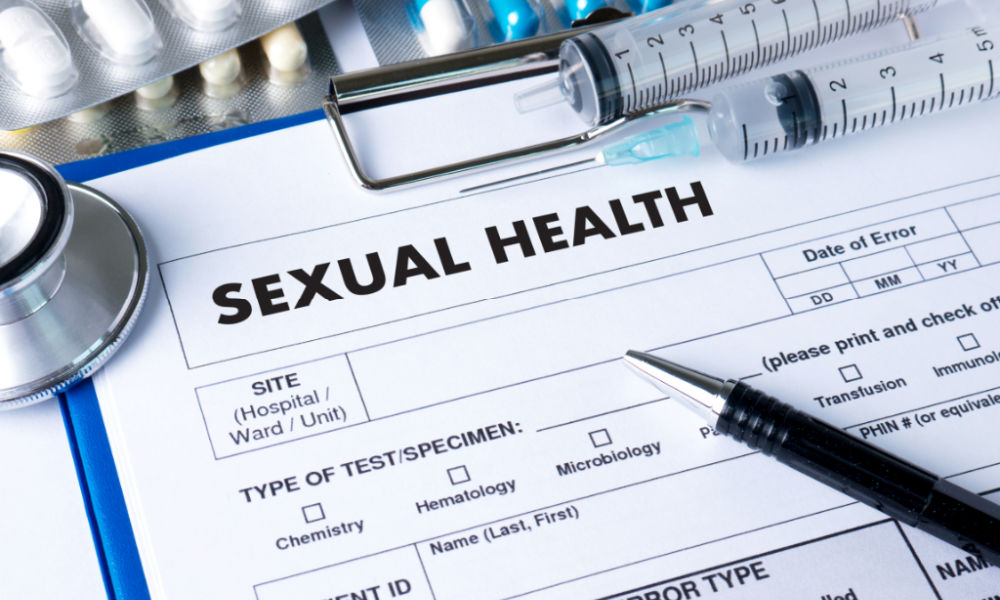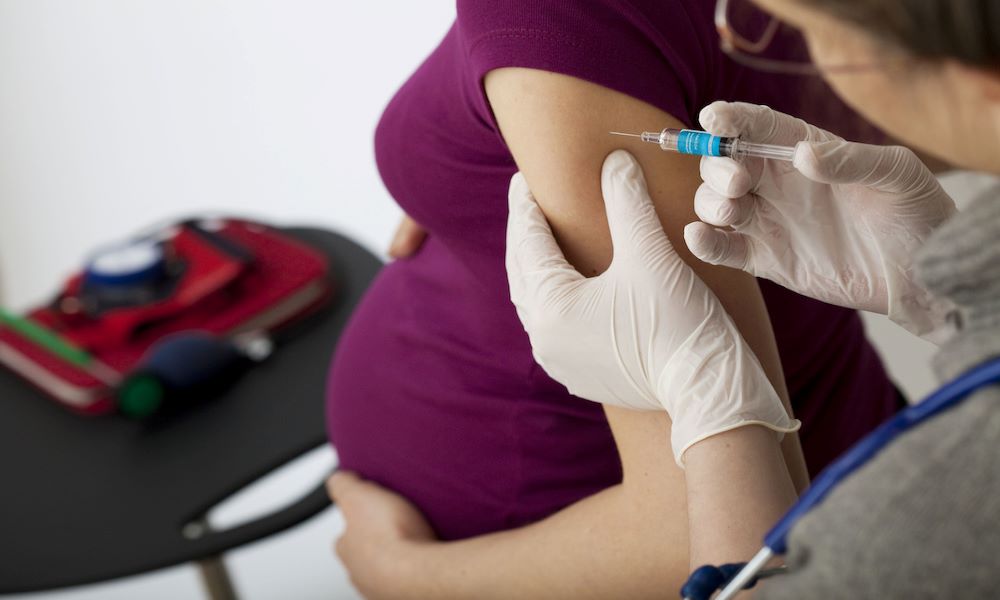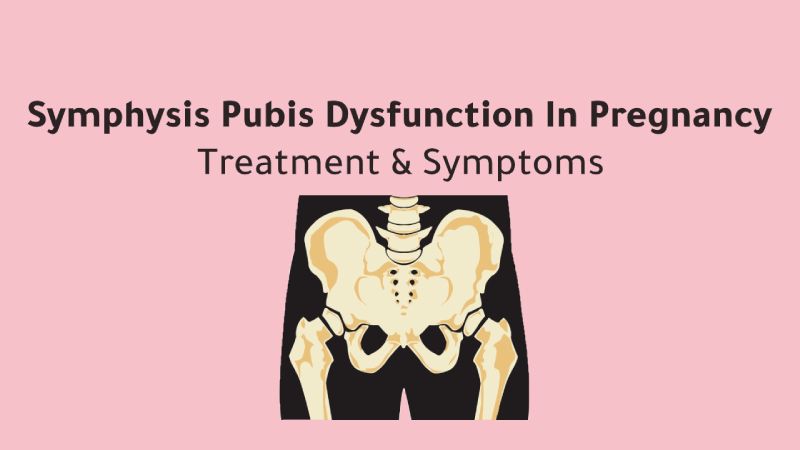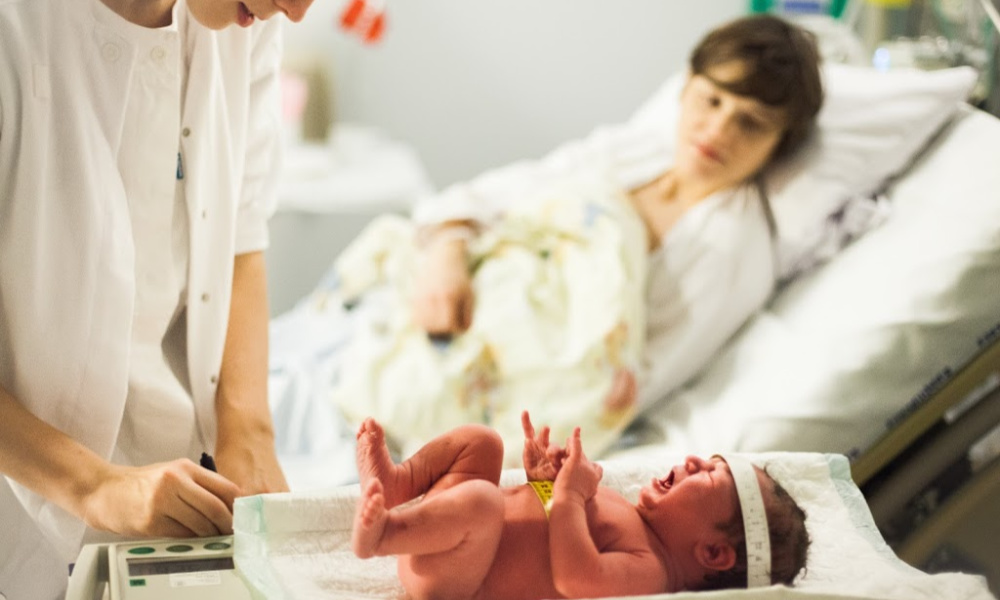Sexually Transmitted Diseases And Pregnancy
Sexually transmitted diseases contracted during pregnancy can have severe implications for both the mother and child and should be treated as soon as possible to prevent potentially life-threatening complications.
Even women who aren’t pregnant can face some grave health implications from STD. But in pregnancy, these issues become pronounced because of the physiological changes that leave women more vulnerable to infection and disease. The CDC has an excellent information guide regarding pregnancy.
About 2 million pregnant women in the U.S. are impacted by STDs each year. The consequences of sexually transmitted diseases contracted by pregnant women can lead to chronic hepatitis, cirrhosis, cervical and other forms of cancer, and other serious health complications. Pregnancy complications that may occur because of sexually transmitted diseases during pregnancy include premature rupture of the uterine membrane, early labor, and uterine infection after childbirth.
STDs are not only dangerous to the health of an expectant mother. They also pose a threat to the health of her unborn child. Unfortunately, STDs can be transmitted from a pregnant woman in various ways and at any time during the pregnancy. Syphilis can be transmitted through the placenta and infect the baby while the child is still in the womb. Gonorrhea, hepatitis B, genital herpes, and chlamydia can be passed on from the mother to the child in delivery when the child goes through the mother’s birth canal. HIV can be passed at virtually any time during the pregnancy and even afterward through breastfeeding.
The health complications of catching an STD in utero or during delivery can be severe for new born children. A new born who has been infected with STD runs the risk of multiple long-term health consequences, such as:
- Stillbirth: Fetal death during delivery or in utero.
- Conjunctivitis: An inflammation of the eyes.
- Low birth weight: This is dangerous for babies because a low birth rate can point to other developmental problems and an inability to thrive.
- Brain damage: Including possible retardation of motor function impairment.
- Neonatal sepsis: This can cause the shutdown of major organs.
- Meningitis: An inflammation of protective membranes surrounding the brain.
These are just a few of the health risks transmitting an STD from mother to child poses to a new born baby. Some of them will not be detected immediately at birth and could take years to manifest. Fortunately, many of these potentially life-threatening ailments can be avoided under a doctor’s care and monitoring.
Most sexually transmitted diseases can be treated and cured while you are pregnant. Bacterial STDs such as chlamydia, syphilis, gonorrhea, and bacterial vaginosis can be treated with a doctor’s antibiotics. Remember to take the entire course of antibiotics to ensure the infection is completely wiped out.
Herpes and HIV are treatable but not curable. Women with HIV can undergo treatment during pregnancy, which will significantly reduce the chance of passing the illness to their children. However, even with treatment there is a significant risk these newborns will be infected with HIV. Pregnant women infected with genital herpes can also prevent their children from being infected by this illness. Suppose a woman who has genital herpes is experiencing an outbreak of lesions when she is delivering her baby. In that case, she should undergo a caesarean section to protect her newborn child from being infected with genital herpes.
At your prenatal doctor’s visit, you’ll be screened for STDs. It’s essential that you cooperate with your doctor in this and all other stages of your pregnancy. Identifying STD early means more lead time for you and your doctor to determine your best course of action or treatment plan.
The most significant risk to your child of suffering severe health consequences from STD is during the third trimester of pregnancy. The best protection against STDs is a monogamous, long-term relationship or abstinence. If you’re unsure about your partner’s fidelity, you may want to consider using condoms during sex to protect you and your child from being infected with STD. Also, get checked for STDs regularly.
Finding out that you have STD while pregnant can be a traumatic experience, mainly if the infection results from a breach of trust in a long-term relationship. It may be difficult for you and your partner to put aside harsh feelings and focus on your child’s upcoming birth. Family or individual counselling is recommended if you discover that you are infected with an STD and that infection results from a breach of trust.
Sexually transmitted diseases are always a delicate issue because of the cultural taboos associated with them. But for the sake of your unborn child and your health, if you have any doubts about whether you may have STD, it’s essential that you get tested and treated if necessary.



